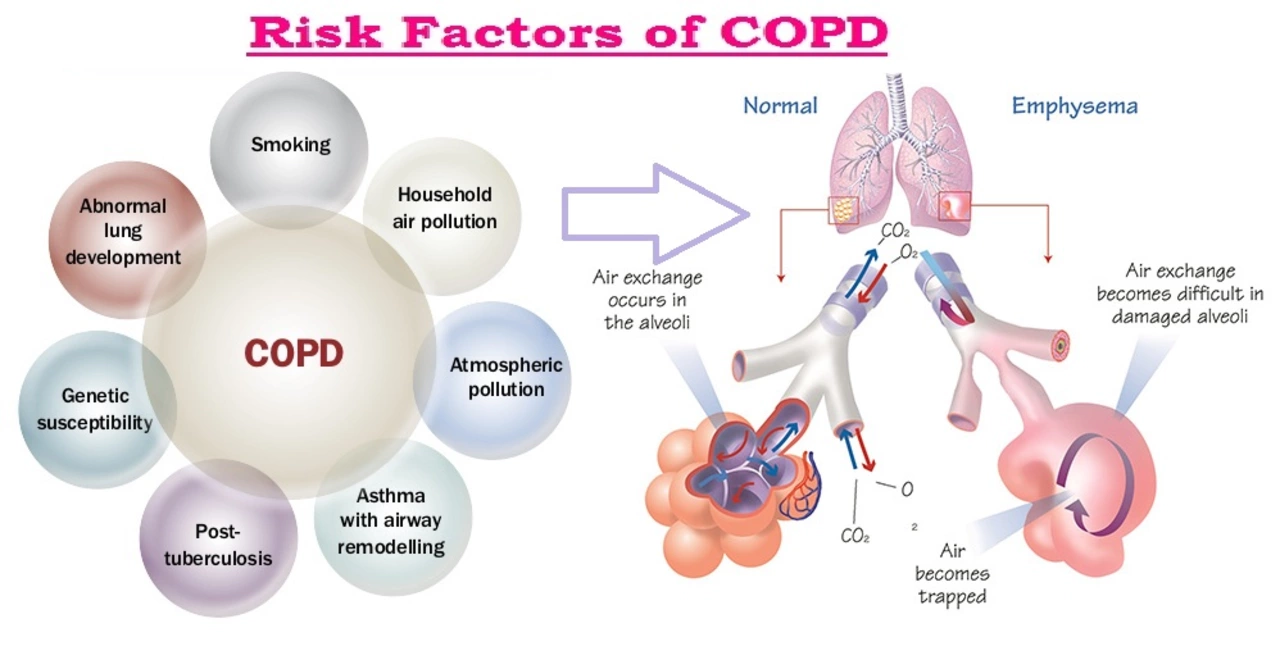Understanding Emphysema: A Simple Guide to Your Lung Health
Emphysema is a chronic lung condition that slowly damages the air sacs in your lungs, making it hard to breathe. If you’ve been wondering why your breaths feel shorter or why everyday tasks tire you out more than before, emphysema might be a reason. It’s mostly linked to smoking, but even non-smokers can be affected by exposure to harmful pollutants or genetic factors.
When the delicate walls between the air sacs break down, your lungs lose their bounce and ability to push air out efficiently. This causes air to get trapped inside, leading to the feeling of breathlessness many people experience. Early signs include a persistent cough, wheezing, and feeling more tired than usual after activity.
What Causes Emphysema and Who's at Risk?
Smoking is the number one culprit behind emphysema. The chemicals in cigarette smoke harm the lung tissue over time. But it’s not the only cause. Long-term exposure to air pollution, dust, and chemical fumes at workplaces can also contribute. In rare cases, a genetic condition called alpha-1 antitrypsin deficiency can lead to emphysema even in people who never smoked.
People over 40 who have a history of smoking or live in polluted environments have higher chances of developing emphysema. Recognizing this risk early can help you take steps to protect your lung health and prevent further damage.
Simple Ways to Manage Emphysema Symptoms
While emphysema can’t be totally cured, managing symptoms is possible with the right approach. Quitting smoking is the most important step—it helps slow down lung damage and improve your breathing. Your doctor might suggest medications like inhalers that open your airways and help you breathe easier.
Pulmonary rehabilitation is another great option. It’s a program where you learn exercises and breathing techniques that strengthen your lungs and improve your stamina. Staying active within your limits and avoiding lung irritants also make a big difference. If you ever feel worse suddenly—like increased cough or shortness of breath—seek medical help right away.
Emphysema may sound scary, but with the right knowledge and lifestyle changes, you can control it and maintain a good quality of life. Keeping smoke and pollutants at bay and staying informed will give you the edge to protect your lungs every day.
